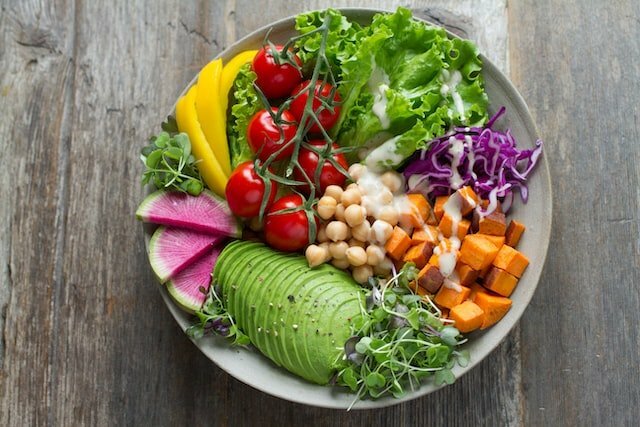
Eating for Energy: The Importance of a Nutrient-Dense Diet
Feeling tired and sluggish is something that most of us have experienced at one time or another. While there are many factors that can contribute to low energy levels, one of the most important is the quality of the food we eat.
A nutrient-dense diet is one that is rich in vitamins, minerals, and other essential nutrients that are important for good health. These nutrients are necessary for many of the body’s processes, including energy production, and can help to keep us feeling alert and energized throughout the day.
So, what are some of the key components of a nutrient-dense diet? Here are a few to keep in mind:
1. Whole, unprocessed foods
Foods that are minimally processed and contain few added ingredients are generally the most nutrient-dense. Examples include fruits, vegetables, whole grains, lean proteins, and healthy fats.
2. A variety of fruits and vegetables
Aim to eat a variety of different colored fruits and vegetables to ensure you’re getting a wide range of vitamins, minerals, and antioxidants.
3. Lean proteins
Foods such as chicken, fish, and legumes are good sources of protein, which is important for energy production.
4. Healthy fats
Foods such as nuts, seeds, and avocado contain healthy fats that are important for good health and can help to keep you feeling full and satisfied.
5. Hydration
Staying hydrated is also important for energy levels, as even mild dehydration can lead to feelings of fatigue and sluggishness.
So, how can you incorporate these foods into your diet? Here are a few tips to get you started:
1. Plan ahead
Taking the time to plan your meals and snacks for the week can help ensure that you’re eating a variety of nutrient-dense foods.
2. Pack healthy snacks
Having healthy snacks on hand can help to prevent you from reaching for junk food when you’re feeling tired and hungry.
3. Make simple swaps
Making small changes to your diet, such as choosing whole grain bread instead of white bread, or snacking on carrots and hummus instead of chips and dip, can help to make your diet more nutrient-dense.
In conclusion, eating a nutrient-dense diet is essential for good health and energy levels. By incorporating a variety of whole, unprocessed foods into your diet and making small changes to your eating habits, you can reap the benefits of a diet that is rich in vitamins, minerals, and other essential nutrients. So, why not start today and see how you feel?



